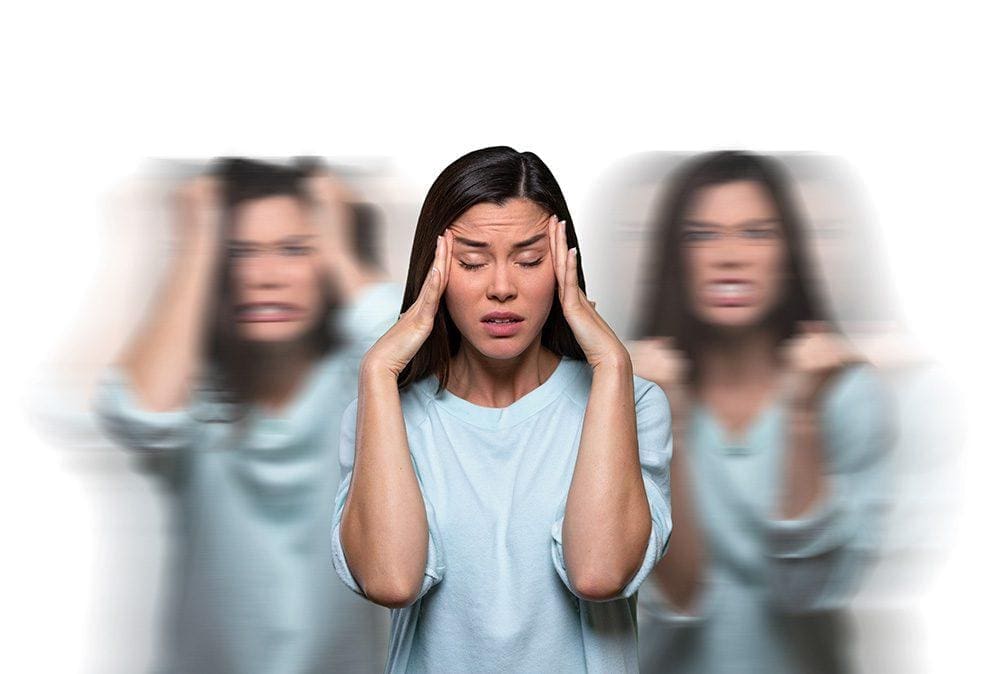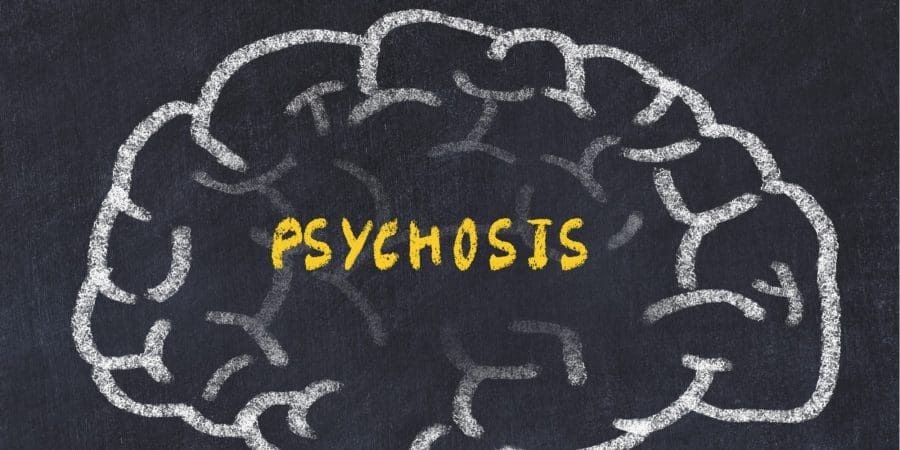The Interplay Between Anxiety and Anger: Exploring the Connection
Introduction: Anxiety and anger are complex emotions that often intertwine in unexpected ways. While anxiety is commonly associated with fear and worry, it can also manifest as anger. In this guide, we’ll delve into the relationship between anxiety and anger, examining how one emotion can trigger or amplify the other.

1. Understanding Anxiety: Anxiety is characterized by excessive worry, restlessness, and a sense of impending doom. It can stem from various sources, including stress, trauma, or chemical imbalances in the brain.
2. The Spectrum of Anxiety: Anxiety can manifest in different forms, such as generalized anxiety disorder (GAD), social anxiety, panic disorder, or post-traumatic stress disorder (PTSD). Each form can lead to unique emotional responses.
3. Anxiety’s Impact on Emotions: Anxiety can evoke intense emotions, and these emotions may occasionally morph into anger. For example, anxiety over an upcoming event or situation might trigger frustration or irritability.
4. The Role of Triggers: Certain triggers, whether internal or external, can exacerbate anxiety and subsequently lead to anger. These triggers might include overwhelming stressors, unexpected changes, or feelings of powerlessness.
5. Anxiety’s Influence on Perception: Anxiety can alter the way you perceive situations, making them seem more threatening than they actually are. This skewed perception can fuel feelings of anger, especially if you believe you’re being unfairly treated.
6. Anger as a Defense Mechanism: Anger can sometimes serve as a defense mechanism against feelings of vulnerability that often accompany anxiety. Expressing anger might provide a temporary sense of control.
7. Anger’s Physiological Response: Anger triggers a physiological response known as the fight-or-flight reaction. This response is linked to the body’s stress hormones, which can interact with anxiety to create a cycle of heightened emotions.
8. Coping with Anger-Inducing Anxiety: Recognize that anger triggered by anxiety is a natural response, but it’s important to address it constructively. Engage in relaxation techniques, deep breathing, or mindfulness to manage both emotions.
9. Seeking Professional Support: If anxiety and anger become overwhelming, seeking professional help is crucial. Therapists can assist in identifying triggers, managing emotions, and developing coping strategies.
10. Healthy Outlets for Anger: Channeling anger into positive outlets can be therapeutic. Engage in physical activities, creative pursuits, or journaling to release pent-up emotions.
11. Communication Skills: Improving communication skills can help prevent misunderstandings that might trigger anger. Expressing your feelings calmly and assertively can foster understanding.
12. Holistic Well-Being: Focusing on overall well-being, including regular exercise, balanced nutrition, and adequate sleep, can contribute to better emotional regulation and a reduction in anxiety-related anger.
Conclusion: Anxiety and anger share a complex relationship that can impact emotional well-being. By recognizing the connection and employing strategies to manage both emotions, you can work toward a harmonious balance and develop healthier ways to cope with the challenges that life presents. Remember that seeking professional guidance is a proactive step toward understanding and effectively managing these emotions in a constructive manner.
How Ridgeview Hospital Can Help
When you enroll at Ridgeview Hospital, you are taught techniques that can be applied even after you’ve left. With that being said, emotional sobriety starts when individuals receive dual diagnosis treatment for both their addiction and any coexisting mental health disorder.
If you have a dual diagnosis, co-occurring substance use treatment is one of the most effective treatment programs you can partake in. While participating in this program, you will learn ways to treat the symptoms of your addiction and psychiatric illness through a combination of methods.
Our co-occurring substance use treatment options include:
- Cognitive behavioral therapy
- Group therapy
- Recreational therapy
- Relapse prevention planning
- 12-step programming
In addition, Ridgeview Hospital’s adult psychiatric program is designed to be comprehensive enough to treat various mental health issues but flexible enough to accommodate individual patient needs.
Achieve Coping With Substance Withdrawal Symptoms at Ridgeview Hospital
At Ridgeview Hospital, our Middle Point, Ohio, center is dedicated to helping people get clarity by finding physical and emotional sobriety. In addition, our adult mental health program is designed to help you overcome your addiction and establish a strong foundation for sustained recovery.
From the moment you arrive, our team will work with you to create a plan to help you maintain physical and emotional sobriety.





















